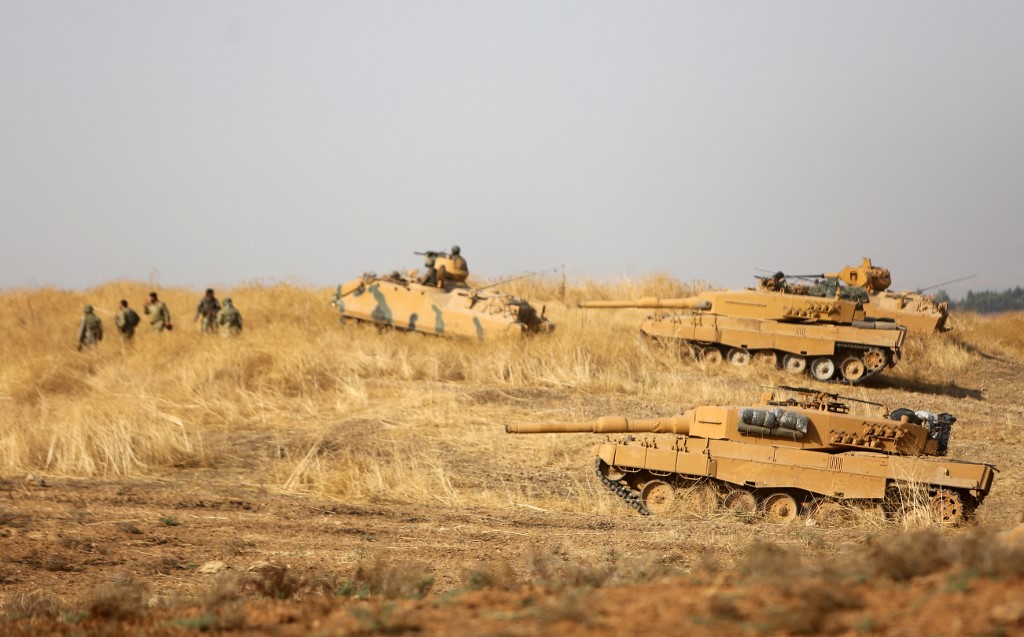Turkey plans to pursue targets in northern Syria after it completes a cross-border operation against outlawed Kurdistan Workers Party (PKK) militants in Iraq, Reuters reported, citing a senior official on Tuesday, after a deadly weekend bomb in İstanbul.
The government has blamed the PKK for the blast on İstanbul’s İstiklal Avenue on Sunday that killed six people and injured more than 80.
Threats posed by Kurdish militants or the Islamic State in Iraq and the Levant (ISIL) to Turkey are unacceptable, the official told Reuters, adding that Ankara will clear threats along its southern border “one way or another.”
“Syria is a national security problem for Turkey. There is work being done on this already,” the official said, declining to be named as they were not authorized to speak to the media.
“There is an ongoing operation against the PKK in Iraq. There are certain targets in Syria after that is completed.”
There was no immediate comment from Turkey’s foreign ministry.
No group has claimed responsibility for the blast on the busy pedestrian avenue, and the PKK and Kurdish-led Syrian Democratic Forces (SDF) have denied involvement.
The suspected bomber, a Syrian woman named Ahlam Albashir, was detained early on Monday during a house raid in İstanbul.
Footage showed her with make-up and nail polish on as she was taken from the house wearing a purple sweatshirt with the words “New York” on it. Her shoulders were raised and her face was bruised in a photo shared by police.
Turkey has conducted three incursions so far into northern Syria against the Kurdish People’s Protection Units (YPG) militia, which it says is a wing of the PKK. President Recep Tayyip Erdoğan has previously said that Turkey could conduct another operation against the YPG.
While the PKK is deemed a terrorist group by Turkey, the United States and the European Union, Washington allied with the YPG against ISIL in the conflict in Syria.
Turks are concerned that more attacks could occur ahead of elections set for June 2023, which polls suggest Erdoğan could lose after two decades in power. A wave of bombings and other attacks began nationwide when a ceasefire between Ankara and the PKK broke down in mid-2015, ahead of elections that year.



